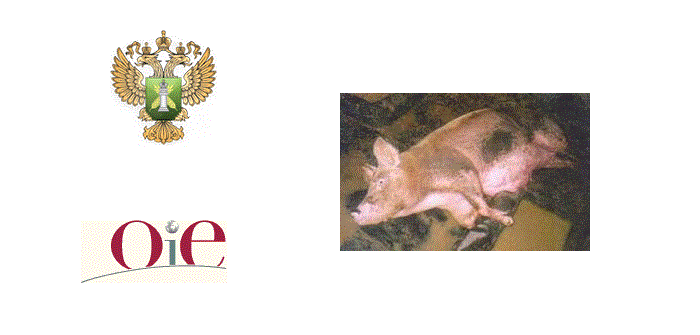The EU is still not taking enough account of African Swine Fever (ASF), enabling the pathogen to “take root” in new territories and increasing the risks of further spread, according the Russian veterinary and phytosanitary surveillance body, Rosselkhoznadzor.
Often critical in the past of the EU in relation to ASF, Rosselkhoznadzor has issued a new warning on the risks of disease spread following what it sees as an “acceleration” of ASF outbreaks in the first half of 2015 in the north-eastern EU countries.
After highlighting the extent to which ASF is already a major factor in Estonia, Latvia, Lithuania and Poland, Rosselkhoznadzor added that in the one-week period from June 12-29 alone, the International Epizootic Bureau had reported “26 new lesions of African swine fever in the EU”.
Also quoting rising outbreak statistics from the World Organisation for Animal Health (OIE), Rosselkhoznadzor said: “The EU is not enough taken into account their negative experience, enabling the pathogen to take root in the new territories and increasing the risks of further spread.”
It also criticised the EU’s veterinary services for taking “insufficient action” on ASF which was designed more to “protect the trade interests of farmers, not the elimination of the disease”.
As a result, according to Rosselkhoznadzor, ASF is poised to continue its spread towards Germany and the Czech Republic, by way of the Baltic States and Poland, and towards Slovakia and Hungary, by way of Ukraine.
Headline image shows an ASF case from Ukraine




